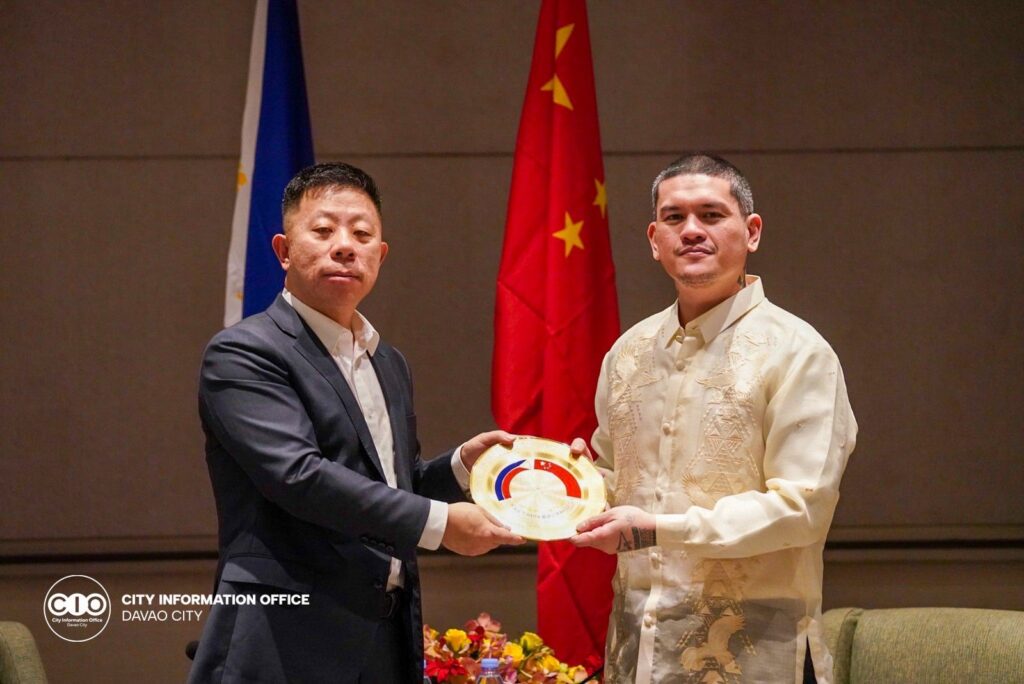The Solidarity of Peasants Against Exploitation (STOP Exploitation)-Kilusang Magbubukid ng Pilipinas (KMP)-Ilocos had long been demanding that Ilocano farmers and fisherfolk be given a fair shake by government, to protect them from a flood of garlic imports and raising the farmgate prices of rice and other crops to reduce the cost of the fuel and agricultural inputs.
Now, STOP Exploitation-KMP Ilocos is raising hell in importuning the Marcos Jr. administration to help them after super Typhoon Julian smothered the region, caused P384 million in damage to infrastructure, P87-million in agricultural losses covering 4,163 hectares of farms tilled by more than 18,000 families based on reports by the Ilocos Norte Provincial Disaster Risk Reduction and Management Office (PDRRMO.) The cities of Laoag and Batac were flooded along with 15 towns, while river systems were ruined.
“The farmers’ demands are clear—provide P25,000 in production subsidies to farmers, P15,000 to fisherfolk and P10,000 in financial assistance to families affected by flooding. As super Typhoon Julian showed, farming communities are always vulnerable while the government had not been prepared to respond to calamities. This situation must not be allowed to continue,” KMP chairman Danilo Ramos said. “Government must provide compensation to farmers and fishers, particularly for production costs and damaged crops. Immediate financial assistance is also essential for families whose homes and livelihoods have been destroyed.”
“Typhoon Julian’s devastation compounds the continuing neglect of farmers and fisherfolk have suffered under the Marcos Jr. administration. Instead of preparing for, and responding to disasters, Marcos Jr. and his cronies have prioritized their own interests, leaving the people to fend for themselves. The people have seen no significant efforts from the government to protect livelihoods or compensate for losses. Instead, lavish events and subservience to US interests have taken precedence,” Ramos stressed. Ramos, also a Makabayan senatorial candidate, has been battling for support to the farming and fishing sectors and an end to the import-based food security policy pursued by the regime that favors compradors and rentiers who have Marcos Jr.’s ears.
STOP Exploitation argued that “as the country crawls to the 2025 elections, the people will hold accountable those who failed them. The people will reject officials like Marcos Jr. and his cronies, and challenge candidates to prioritize the welfare of farmers, fisherfolk, and disaster victims over their personal gain.” The group noted that while Malacanang touted the anti-agricultural smuggling law that Marcos Jr. has just signed, it has nevertheless failed to scuttle the Rice Tariffication Law (RTL) that not only encourages uncontrolled importations but likewise exacerbates smuggling. Huge stocks of imported rice have also been discovered, proof positive that traders have been hoarding the staple to maintain sky-high prices.
RTL itself is a dubious law that was sweetened to look as if it would provide salvation for rice farmers. The tariffs collected on rice imports were supposed to go to rice farmers “to improve their competitiveness.” This is a case of the cause of penury for Filipino farmers is being marketed as a magic bullet to solve all the problems of the rice industry. The argument is magically flawed as the law is the bullet that kills rice farmers. Ask them if they had received any money from the RTL and rice farmers would howl “No!” to high heavens.
Now, they also reduced the tariff on imported rice but this would encourage more imports since the price of India’s white rice has gone down while Vietnam’s output has gone down as saltwater seeps into more than 160 kilometers of the Mekong Delta, where Vietnam produces up to 90% of its rice exports. As imported rice is dumped into the market, the farmgate price of domestic rice would plunge, thereby reducing the hectarage planted to palay in the next cropping season.
This is the bigger disaster. The fewer hectarages devoted to rice, the bigger the hectarage available for corporate landlords to grab. The real objective of the Bataan-Cavite Bridge was not to reduce travel time for motorists but to open up more areas for speculation, develop more “ecotourism” destinations, and construct residential and commercial projects. The beleaguered farmers and fisherfolk in both Bataan and Cavite are sure to become the victims of the bridge project backed up by the Asian Development Bank (ADB) and the compradors, with the Villars as the biggest landowning family grabbing a big chunk of the pie.




